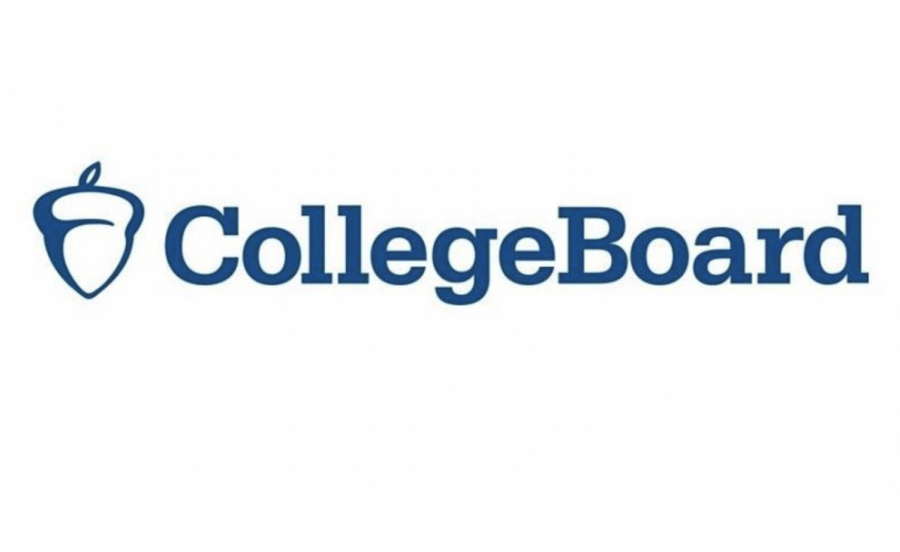College applications amid the COVID-19 crisis
Photo College Board
When the COVID-19 pandemic began and schools started to close for the year, millions of Americans began to wonder, will this affect colleges in the fall? Immediately, current high school seniors became concerned with pushed deadlines, cancelations of admitted students’ days, and even whether or not students will be allowed on campus in the fall. What many failed to consider, however, is how this would affect admissions for the 2020-21 school year. The truth is that current juniors will likely be affected just as much as graduating seniors.
This concern began with canceled and altered test formats for the SAT, ACT and AP tests. While AP tests were still held online, the SAT and ACT were postponed; Juniors who have yet to take either of these standardized tests, or who aren’t happy with their scores, won’t get another opportunity to improve their scores until Aug. 29, Sept. 26, October 3, Nov. 7 or Dec. 5 for the SAT, or June 13 for the ACT (though this will likely be pushed to July 18). This means that juniors who wish to take the test on one of these dates have to study in the midst of their application process. Additionally, these dates are still tentative. The College Board stated that “in the unlikely event that schools do not reopen this fall, [we] will provide a digital SAT for home use.”
This uncertainty has made the decision to take or retake the SAT and ACT difficult for many students. “I have taken the SAT twice now, and I got a score literally right below where I want, so I haven’t come to a final decision about whether I’m going to take it again,” said WHS junior Alex Blancato. “I want to take the ACT, but I’m unsure if I will be able to because of the coronavirus.”
Because of the change in testing availability, many colleges across the country have opted to go test-optional for this year, and possibly forever. For example, many schools in California announced that they will be going test-optional this year, and the UC system’s president, Janet Napolitano, is advocating for this to remain in place through 2024.
While on the surface this may seem like a good thing to many juniors, The Princeton Review stated that a good standardized test score may be necessary in standing out in this year’s pool of applicants due to the fact that most extracurriculars were canceled, and that many schools went pass/fail for the second semester.
Another problem that comes with the fact that many schools went pass/fail in the latter half of the year, is that students who received letter grades will be directly compared to those with pass/fail grades. Many applicants are concerned with colleges’ abilities to compare applicants fairly with this obvious difference in grade calculation.
“It isn’t really an accurate representation of the student’s work,” said WHS junior Aprina Wang. “I think colleges will take this into consideration, but I don’t think it will be completely fair for students who didn’t have pass/fail at their schools.”
Changes in testing and grade calculation clearly affect the admissions process once a prospective student applies, but the COVID-19 pandemic has also affected students’ abilities to decide on which colleges they want to apply to. With most travel prohibited, and college tours canceled, many juniors will have to apply to schools without having visited them. This may make the list harder to narrow and leave more of their questions unanswered. It could also make it harder to “express interest” in one’s top schools.
Summer programs are another way to do this, and often heavily influence juniors’ decisions on what schools and majors they want to apply to. While it is obviously disappointing that these can no longer occur in person, many summer programs are still being offered online.
“I still get to participate,” said Wang, “but I’m upset about not being able to be there in person and experience what it’s like to be on a college campus.”
So, while the college admissions process in the upcoming season will still proceed in a semi-normal fashion, there are many factors that will contribute to a very different experience for applicants this year.

